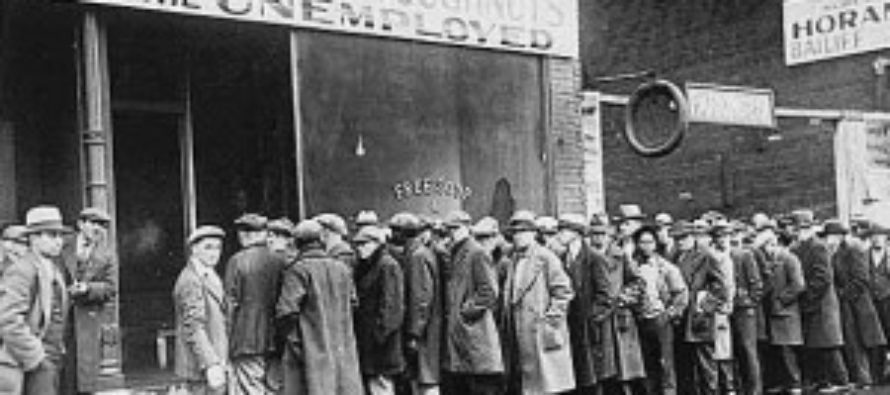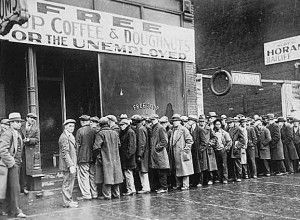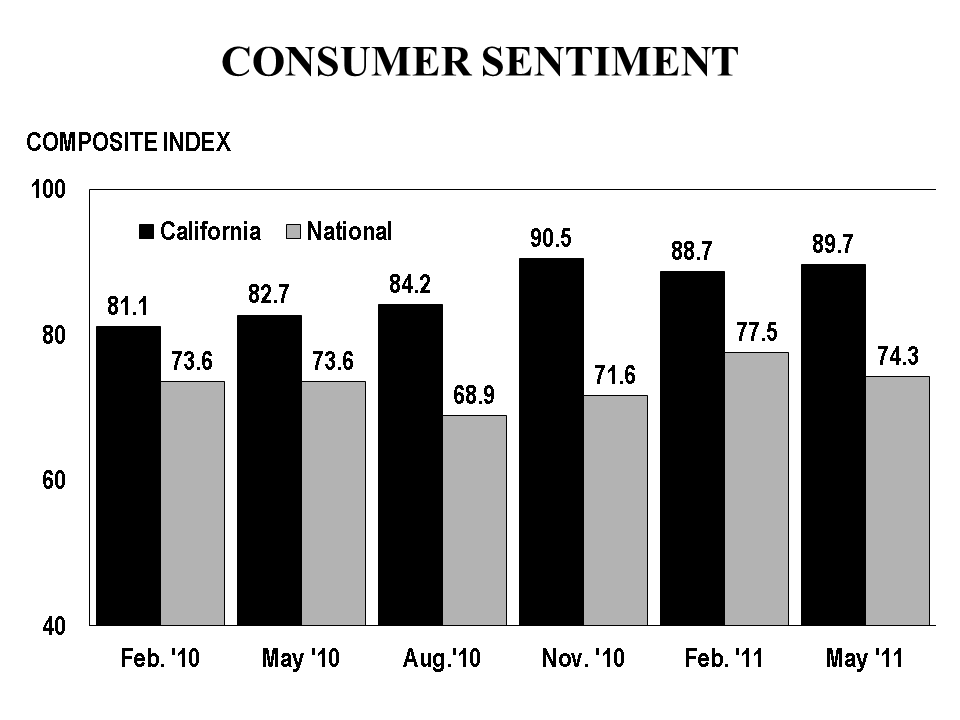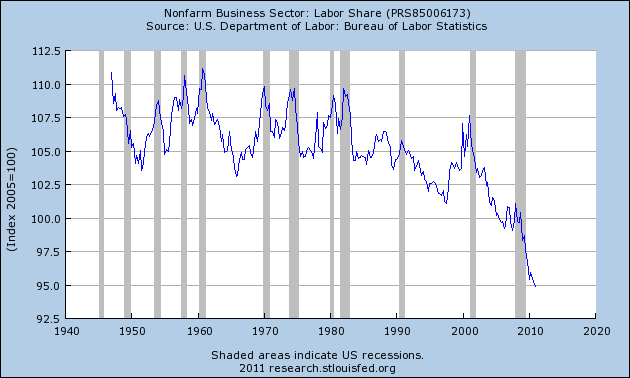Budget Tax Rhetoric Ignores Jobs

By JOHN SEILER
The NBA season is over. But a full-court press is on by Gov. Jerry Brown and the tax-increase forces in the Legislature and government-employee unions to increase taxes $9 billion. In his video address Sunday, Brown talked about the state’s budget problems, including budget cuts and ongoing reforms that would “put the budget on a firm footing.”
He called on four Republicans in the Legislature to join the majority Democrats for the 2/3 supermajority necessary to pass the tax increases. Here’s the YouTube, 2:30 minutes long:
.
But he only talked about the government’s budget problems, not the problems facing the businesses and workers of the state as the economy again may be tipping into a recession. For him, the state’s high jobless rate of 11.9 percent — second highest of the states after Nevada’s — just isn’t a priority. He cares about jobs in the government sector, but not those in the private sector that pay for the government sector.
The attitude was a little different today in a 30-minute press conference he held with state leaders.
He spoke of budget cuts and a realignment already under way, but that there still remains a need for “tax extensions.” He insisted that the budget should not be crafted by “talk show hosts,” meaning John & Ken on KFI 640 in Los Angeles, “theorists in Washington,” meaning Grover Norquist of Americans for Tax Reform, and “bloggers,” meaning many offenders, perhaps including our site’s blog.
He called on everyone to get together and “work for California.” Which isn’t the same thing as creating private-sector jobs.
At the press conference, he introduced Bill Dombrowski, the head of the California Retailers Association, which recently backed the tax extensions-increases. Dombrowski spoke of ending the uncertainty concerning California’s level of taxation as a way to promote state businesses.
But the numbers don’t bear him out. The problem is that the whole of the United States, not just California, is tumbling from prosperity back into recession.
Consumer Confidence Low
Also today, Chapman University’s A. Gary Anderson Center for Economic Research released its latest California Composite Index of Consumer Confidence. The school will unveil its latest economic forecast, for 2011, on Thursday.
The findings indicate that the economy already is being hit hard, and a tax increase would make business and jobs retention and creation even more difficult.
.
The chart shows that consumer sentiment has risen slightly in recent months — but still remains below 100. Anything below 100 means that consumers are not optimistic.
It’s also noteworthy that California’s consumer sentiment remains significantly higher than the national sentiment. That means that the national situation, if such pessimism is borne out, could sink California’s relative optimism.
Esmael Adibi, director of the Anderson Center, told me that California state income taxes now “are back to where they were” before then-Gov. Arnold Schwarzenegger’s increases were imposed in 2009 because the increases expired in January. However, the sales tax and income tax increases remain in effect until July 1 — unless they are extended.
“Clearly, if the taxes are extended, nothing fundamentally will change from last year” — 2010, when the tax increases were in full force. “But if they eliminate the taxes, that should boost consumer spending, such as on cars and other items, which would be good news.”
He said, for example, that if the sales tax goes back to the pre-2009 level, then a car buyer might use the savings to upgrade to a more expensive model. Or someone who might have avoided purchasing a new car could change his mind and head over to the car lot.
Factors Influencing Consumer Spending
Adibi said that several factors will influence consumer spending in the coming months:
1. Low stock prices. The Dow Jones average rose just 1 point today, after six weeks of declines.
2. Higher gas prices. “When people spend more on gas, they spend less on everything else,” Adibi warned.
3. Tax increases. “Adding taxes to the above would dent spending, which is a source of sales tax. That’s not good news for the state as a whole, or for the state government in terms of tax collection.”
4. Depressed consumer sentiment, as outlined above.
5. Declining home prices. The state, and America, are now in a “double dip” drop in home prices.
6. Jobs. Adibi expects “no decline in the unemployment rate any time soon.” The Bureau of Labor Statistics will release its latest state unemployment numbers for May, on June 17, this Friday. The national numbers, released June 3, showed a slight increase of 0.1 percentage point in May, to 9.1 percent.
What About the Workers?
The following graph also shows U.S. non-farm business workers’ decreasing share of of the overall economic pie, especially after the recession hit in 2007. These are non-governmental workers. Although the numbers are for the nation as a whole, California’s numbers would be similar. Essentially, the private sector that pays the taxes to support the government sector has shrunk, and along with it the tax base.
No wonder federal, state and local deficits are so high: There just aren’t enough workers to support all that government spending. Gov. Brown’s tax extensions-increases would shrink the productive business sector even further, to prop up the expanding government sector.
.
The upshot of all this is that California’s economy, as with the overall U.S. economy, is stagnating at best — and well could turn downward quickly. If that happens, unemployment would increase, putting even greater pressure on state social services. The unemployed are more likely to need Medi-Cal, unemployment, food stamps and other services.
In turn, the added need for these services would increase state spending, and thus increase the state budget deficit, even if taxes are increased.
As with his predecessors, Gov. Gray Davis and Gov. Arnold Schwarzenegger, Gov. Brown has failed to prepare the state for the return of hard times that is inevitable, perhaps as early as later this year. The business cycle has not been repealed.
Neither has the importance of cultivating jobs creation through reasonable government taxation and regulation policies.
Related Articles
Column: UC regents urged to divest in fossil fuels
The scene brought to mind Tom Wolfe’s essay “Mau Mauing the Flak Catchers,” which was published all the way
Pension 'pain train' coming
JULY 8, 2010 By KATY GRIMES California’s private sector employees are not only paying for their own pensions and retirement
Eureka! California Revenue Plunges 22%
MARCH 13, 2012 By CHRISS STREET State Controller John Chaing continues to uphold the California Great Seal Motto of “Eureka”






